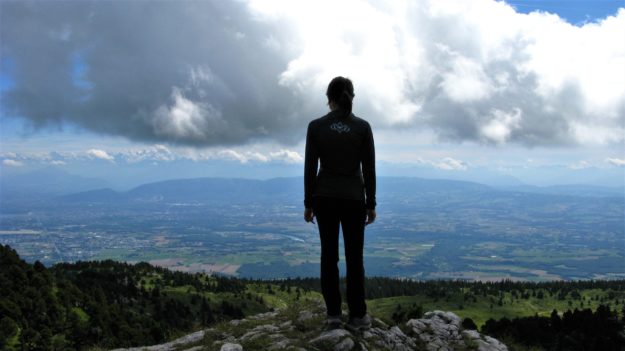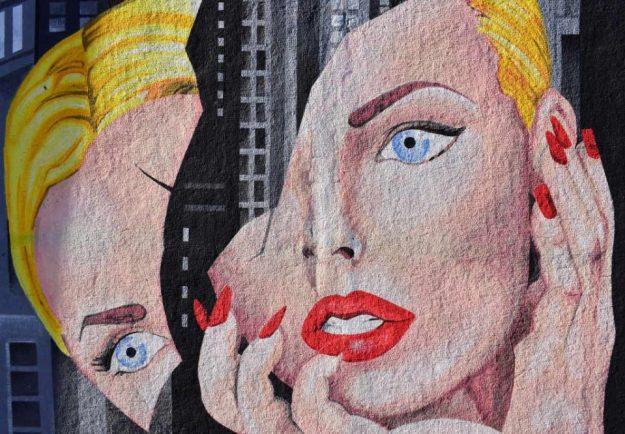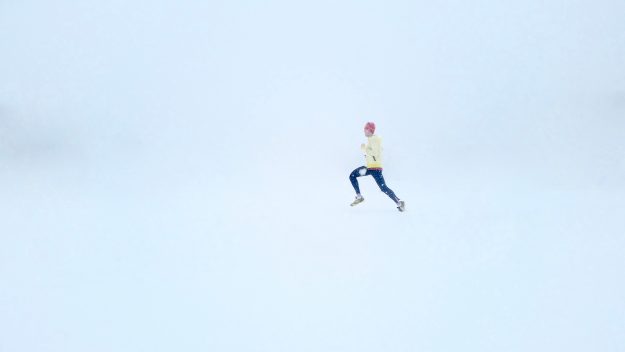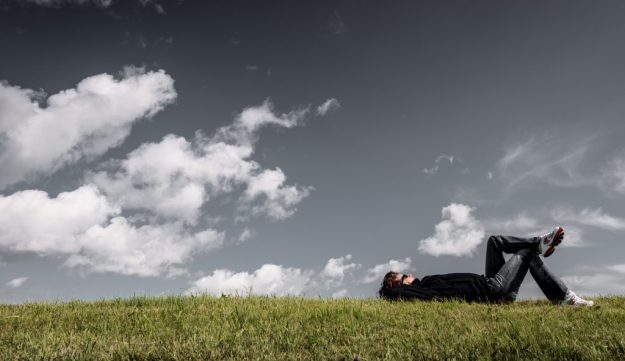Narcissism and the World
At the core of structural personality disordering is a rigid coping strategy which was very functional for restrictive developmental environments, but which later in life causes all kinds of trouble for the person in contexts which don’t require that rigid form of coping. We all know narcissism from our own healthy narcissistic development as children, but we also know its more toxic forms from cultural/collective narcissism, and from any of the unhealed narcissistic wounds that remain alive in us as individuals, in our own relationship to ourselves and in our relationship to others and the world. Healing narcissistic wounds is available for many of us, and our individual healing contributes to profound systems change, as intergenerational, cultural and collective narcissistic wounds are crying out to be tended to and repaired. This article explores all this and gives resources for further discovery and recovery.
Details

























